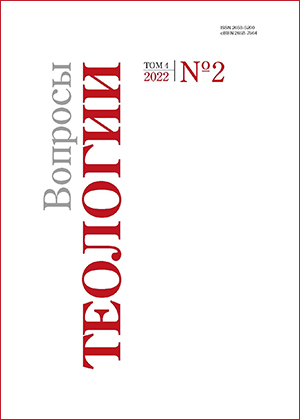Zakat as a way to overcome poverty in Muslim society
DOI:
https://doi.org/10.21638/spbu28.2022.204Abstract
This article discusses the importance of zakat — a mandatory payment in favor of the poor and the needy — for Muslim society. The author reveals the essence of zakat, designates the categories of Muslims who are obliged to pay it, indicates to whom exactly it is paid, determines from what kind of property and in what order it should be paid. The article briefly and conveniently provides the norms for paying zakat. The pillars of religion, which are obligatory for execution, cannot lose their significance, which determines the relevance of this work, the purpose of which is to bring to the majority of Muslims the legal norms for establishing and paying zakat. The provisions and arguments given in the article are considered on the basis of a comparative analysis of the significance and role of zakat during the time of the Arab Caliphate with the present time. The study is based on the famous book “Fatawa al-Chohiy” by Muhammad Ali al-Chohiy. This book accumulates fatwas collected from more than a hundred books. Most of the legal decisions were taken from the authoritative books of the Shafi school of law (fiqh). Of even greater interest to this book is the diversity of the problems it addresses. The author in his legal opinions answers questions related to the ritual practice of Muslims, issues of trade, as well as issues of property law, while some fatwas answer questions of Muslim dogma.
Keywords:
zakat, property, Quran, Sunnah, Sharia issues, madhhab, imams
Downloads
References
References
Downloads
Published
Issue
Section
License
Articles of "Issues of Theology" are open access distributed under the terms of the License Agreement with Saint Petersburg State University, which permits to the authors unrestricted distribution and self-archiving free of charge.





